
Wu Qian, spokesperson for the Ministry of National Defense. (Photo/mod.gov.cn)
China has expressed its strong dissatisfaction with and firm opposition to the United States Department of Defense's latest report on China's military and security developments, saying it disregards facts and fabricates falsehoods.
Ministry of National Defense spokesman Wu Qian said on Wednesday the report distorted China's national defense policy and military strategy, exaggerated and sensationalized the nonexistent "China military threat", and speculated about China's military development in areas such as nuclear capabilities, space and cyberspace.
It also interfered in China's internal affairs on the Taiwan question, he said, adding that China had made solemn representations to the U.S. side to express its opposition.
Wu said China adhered to a path of peaceful development and pursued a defensive national defense policy, never bullying the weak with its strength.
"Since the founding of the People's Republic of China more than 70 years ago, China has never initiated a war or occupied a single inch of other countries' territory," he said.
"The U.S. has established over 800 overseas military bases in more than 80 countries and regions, from Afghanistan to Iraq, from Syria to Libya," he said.
Wherever the U.S. war machine has gone, the local people have been plunged into "deep water and scorching fire", Wu said, citing examples of the U.S. sending weapons and equipment to Ukraine, the Mediterranean and Israel.
"Facts have proved that the U.S. is the fundamental source of international disorder and the biggest disrupter of regional peace and stability," he said.
Wu said China needed to build a strong military for today's "severe and complex" international security environment.
"The Chinese military will never sit idly by while our national sovereignty, security and development interests are threatened, and we will never allow anyone or any force to invade or divide China," he said.
China's military development aims to deter the threat of war, defend its own security and maintain world peace, Wu said, and is not directed at any specific country or target, which is "both legitimate and reasonable".
China always maintains its nuclear capabilities at the lowest level required for national security and is committed to maintaining global strategic security, he said.
However, the U.S. has unilaterally withdrawn from various arms control treaties such as the Anti-Ballistic Missile Treaty and the Intermediate-Range Nuclear Forces Treaty in recent years, Wu said, adding that U.S. cooperation on nuclear submarines with the United Kingdom and Australia poses a serious risk of nuclear proliferation and disrupts regional peace and stability.
"The U.S. double standard in its nuclear strategy is but an excuse for expanding its nuclear arsenal and maintaining military hegemony," he said.
Wu said Taiwan's return to China was part of the post-World War II international order, as clearly stated in the Cairo Declaration and the Potsdam Proclamation, adding that the one-China principle, confirmed by United Nations General Assembly Resolution 2758, had long been an international consensus.
He said the root causes of the change in the status quo in the Taiwan Strait had been the island's Democratic Progressive Party authorities, which had rejected the 1992 Consensus and attempted to seek independence by relying on U.S., and the U.S., which had escalated official exchanges with Taiwan, continuously engaged in arms sales and military assistance to Taiwan, and attempted to use Taiwan to contain China.
"It is the U.S. side and the DPP that are the troublemakers in the tense situation in the Taiwan Strait," Wu said.
China had taken necessary measures to defend its territorial sovereignty, which were legitimate, reasonable and lawful, he said, and the U.S. had no right to make irresponsible remarks about that.
Wu urged the U.S. to stop strengthening military ties with Taiwan and its illegal arms sales, stop creating tensions in the Taiwan Strait, and stop indulging "Taiwan independence" separatist forces.
China regards military-to-military relations with the U.S. as important and maintains frank and effective communication through military diplomacy channels, Wu said, adding that the difficulties and obstacles facing bilateral military relations are entirely caused by the U.S. side.
He said the U.S. had been engaging in actions harmful to China's security interests while calling for crisis management and further communication, adding that such logic did not hold water.
"We urge the U.S. to stop fabricating false narratives, correct its wrong perception of China and promote the healthy and stable development of bilateral military relations with a sincere attitude and practical actions," Wu said.
China's foreign ministry also voiced its firm opposition to the report, urging the U.S. side to view China's strategic intention and defense development objectively and reasonably.
Foreign Ministry spokeswoman Mao Ning said on Friday that the report is "irresponsible" and "serves as an excuse for the U.S. to maintain its military hegemony".








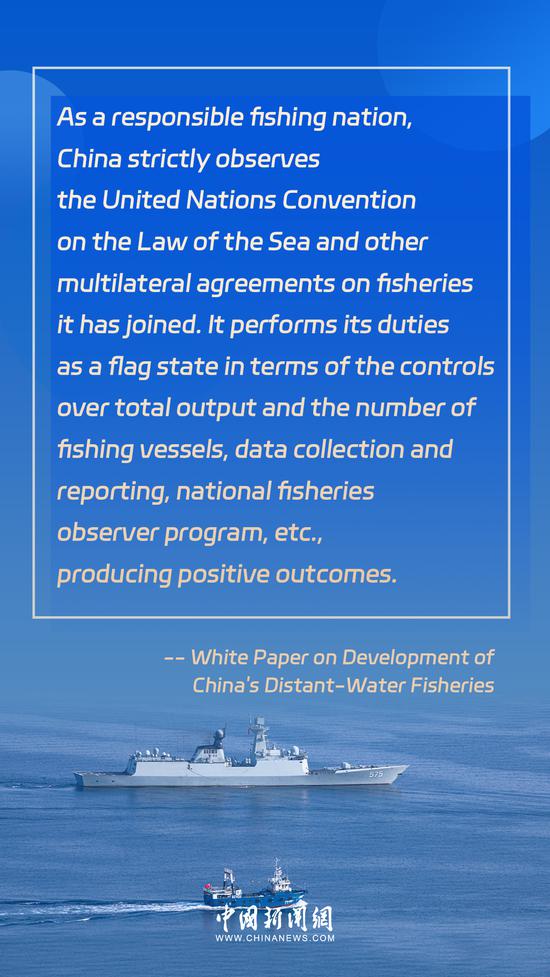



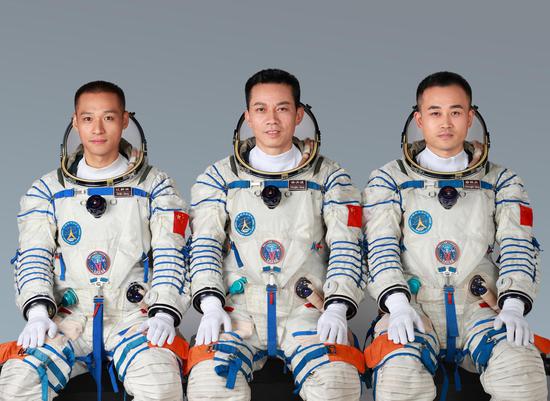






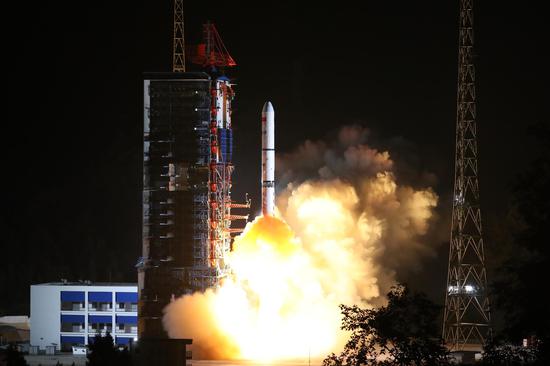



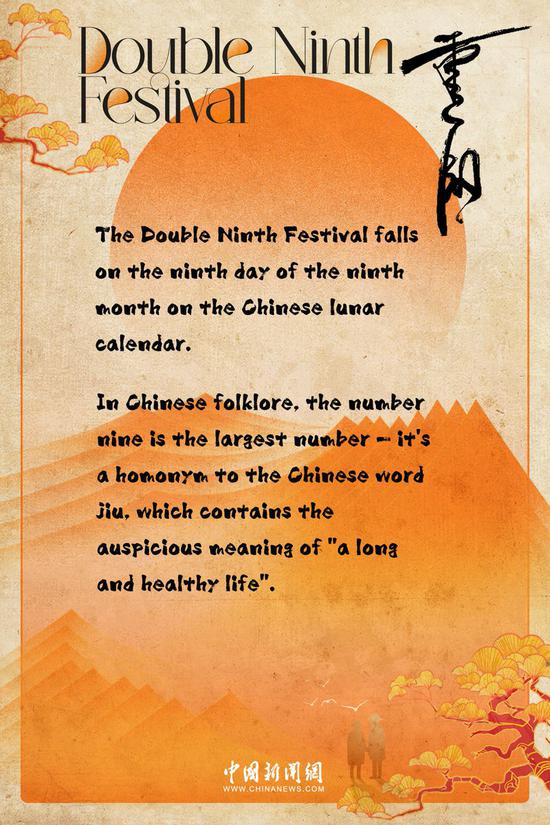



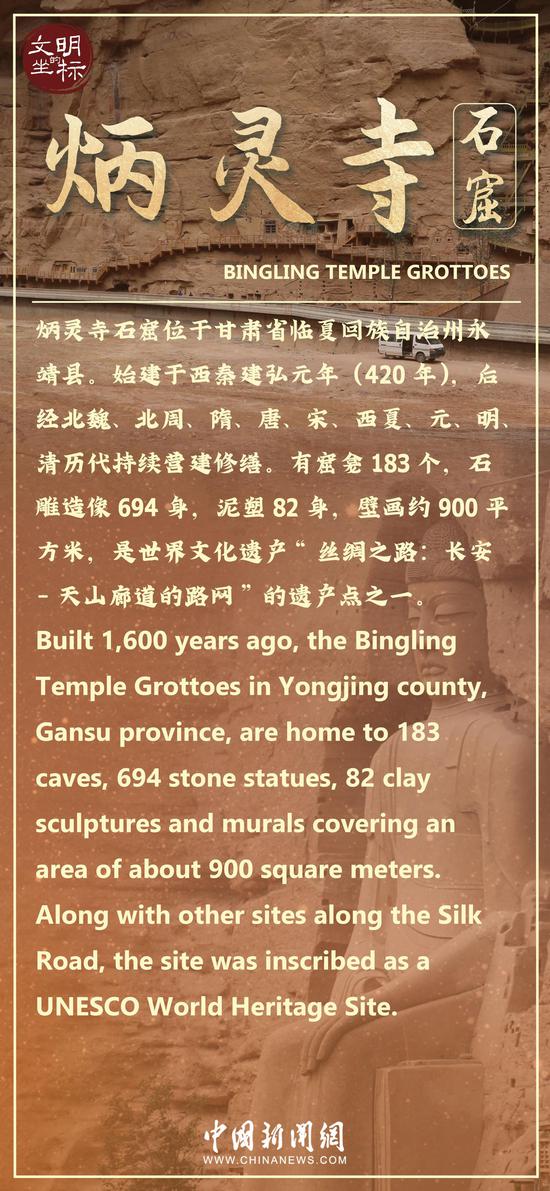





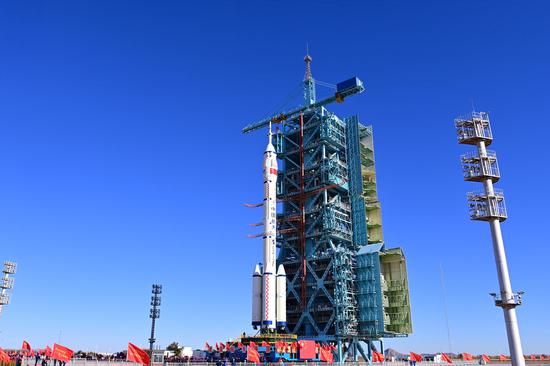


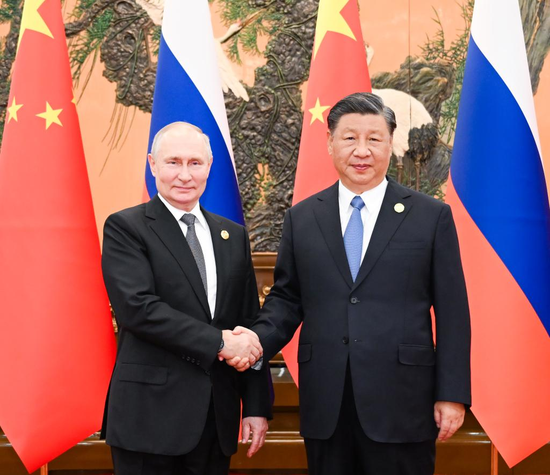
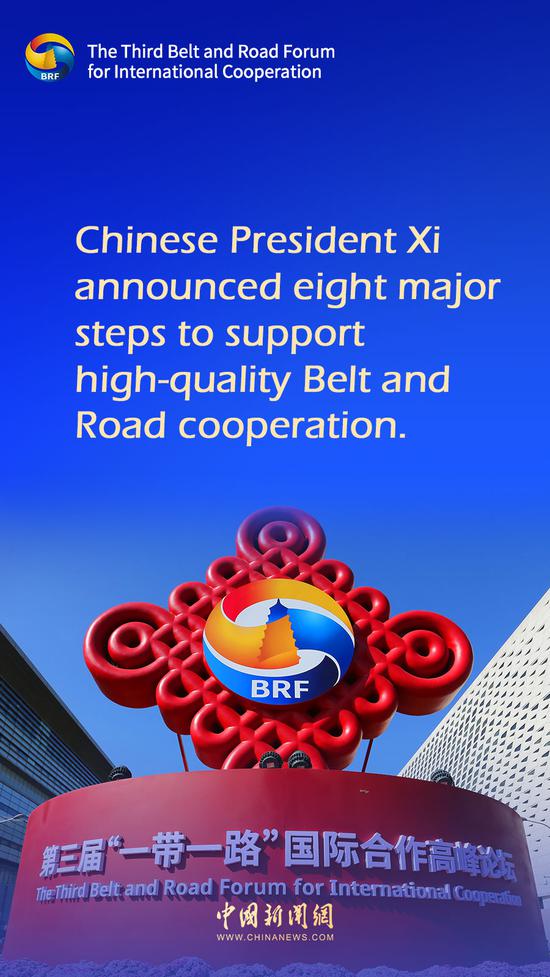

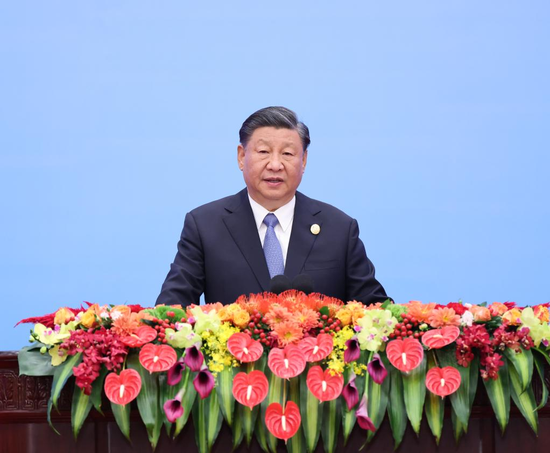



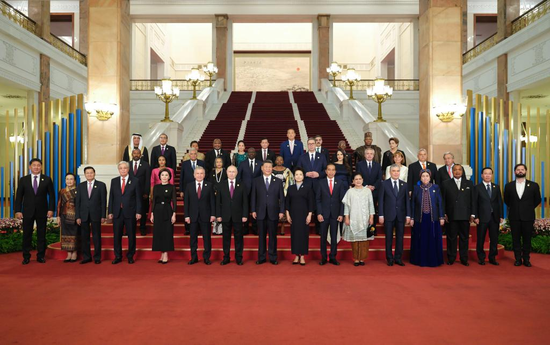






 京公网安备 11010202009201号
京公网安备 11010202009201号